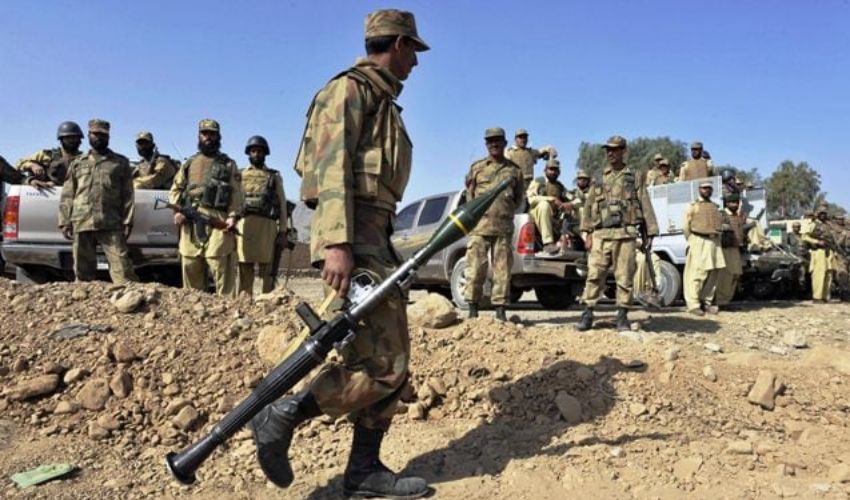Jamiat Ulema-e-Islam-Fazl (JUI-F) chief Maulana Fazlur Rehman strongly advocated for Pashtun rights while addressing the Pashtun FATA National Consultative Jirga at Nishtar Hall, Peshawar.
He reiterated his stance against injustice and pledged to continue the struggle for constitutional and democratic rights.
Fazlur Rehman declared that he had mobilized for religious schools, and was prepared to march for the rights of Pashtuns. “There will be bloodshed, but we will once again rise for our rights,” he stated, emphasizing his commitment to standing with the oppressed.
He criticized the government’s approach to the tribal areas and accused the state of marginalizing Pashtuns. "Those who gather to demand their rights are met with bullets," he lamented. He further argued that banning his party without any proven accusations would be a violation of the constitution.
The JUI-F chief reaffirmed his commitment to constitutional principles, stating that he had always advocated for governance based on faith and Sunnah, as outlined in the constitution. However, he claimed that whenever he raised legitimate demands, he was labeled anti-state.
“Your attitudes have always made us fight in the name of religion and nationality,” the Maulana remarked.
Regarding the FATA merger, Fazlur Rehman clarified that his party was never against the integration of the former tribal areas but opposed the way it was carried out without consulting the local people. “The merger was promised to bring peace, yet we still gather in jirgas today to seek peace,” he said.
“If there is peace, honour, property, faith, everything will be safe,” Maulana Fazl stated.
He also challenged the federal government's authority over provincial resources, asserting that Punjab, Sindh, Balochistan, and Khyber Pakhtunkhwa each have the right to their own natural wealth.” The federation has no right to these resources,” he stressed.
Calling Pashtuns a "proud nation," Fazlur Rehman stated that he had been part of tribal jirgas for over a decade and had always supported the right of FATA residents to determine their own future.
"We wanted the people of FATA to have the right to live their lives as they wish," he concluded.



























